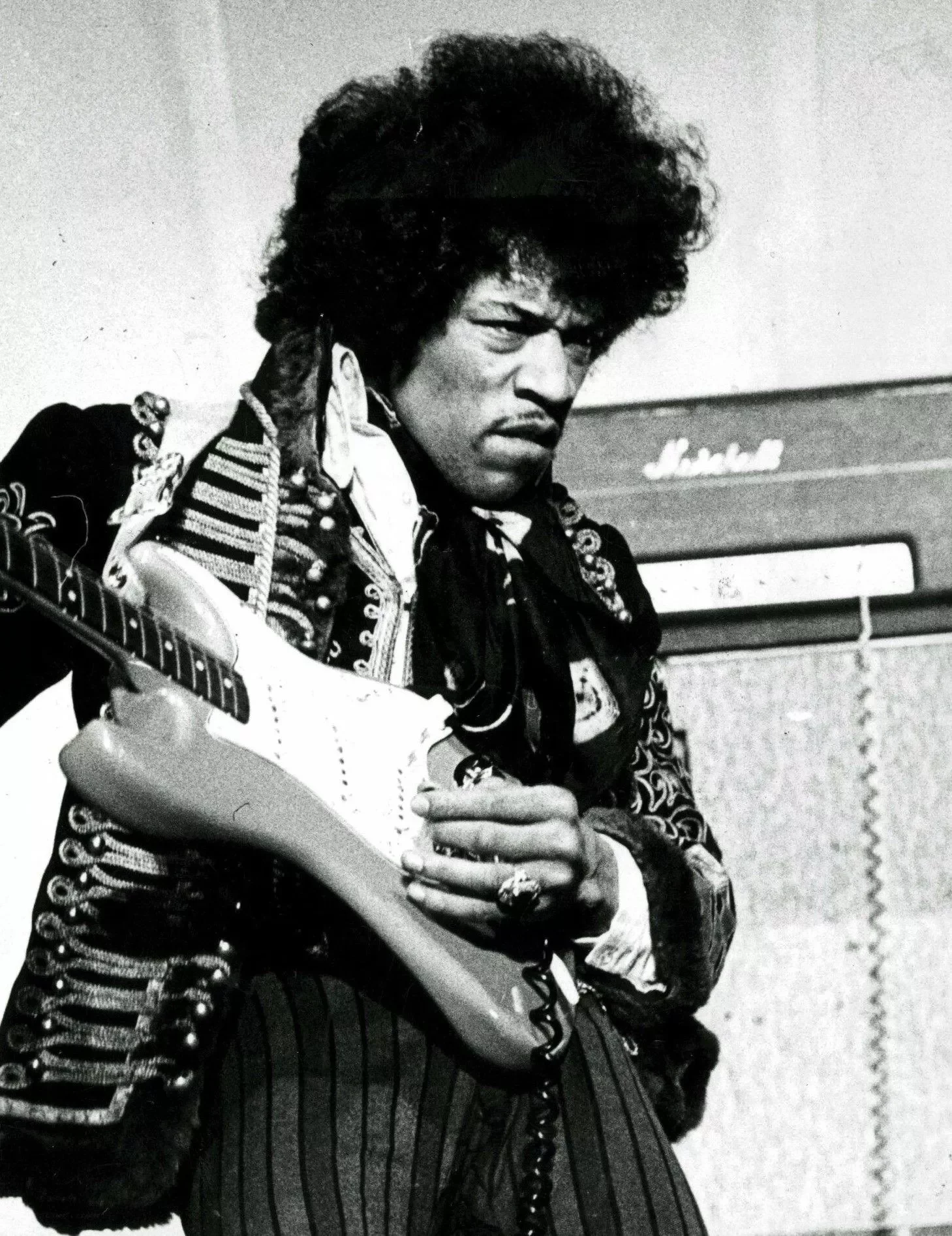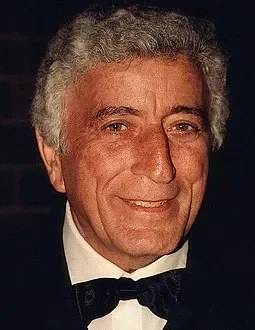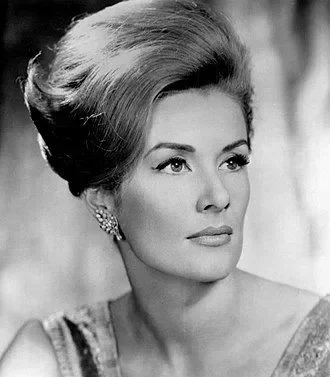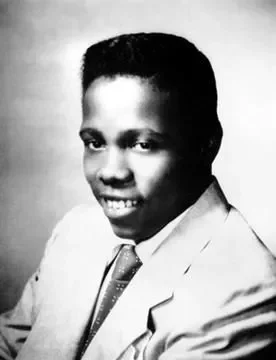Real Celebrities Never Die!
OR
Search For Past Celebrities Whose Birthday You Share
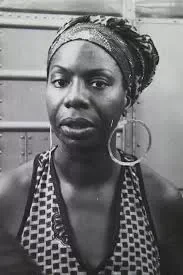
source:wikipedia.org
Nina Simone
Birthday:
21 Feb, 1933
Date of Death:
21 Apr, 2003
Cause of death:
Cancer
Nationality:
American
Famous As:
Activist
Age at the time of death:
70
Nina Simone's Quote's
Early Life
Nina Simone was more than just a singer; she was a revolutionary artist, a civil rights icon, and a voice of raw, unfiltered truth. Known for her soulful blend of jazz, blues, classical music, and gospel, she captivated audiences with her remarkable talent and used her platform to demand justice and equality.
Born Eunice Kathleen Waymon on February 21, 1933, in Tryon, North Carolina, Simone’s journey from a small-town preacher’s daughter to a global icon is as inspiring as her music is timeless. Her legacy as one of the most influential artists of the 20th century continues to resonate with generations.
Nina Simone grew up in a family steeped in music and faith. The sixth of eight children born to Mary Kate Irvin, a Methodist minister, and John Divine Waymon, a handyman and part-time entertainer, Simone’s early years were defined by her modest upbringing and extraordinary talent.
By the age of three, Simone had already begun playing the piano, with hymns and classical compositions filling her childhood home. Her exceptional gift for music became apparent when she learned her first song, “God Be With You, Till We Meet Again,” entirely by ear.
Her community recognized her prodigious talent and raised funds to support her formal training. By six, she was giving piano recitals, and by her teens, she was a regular accompanist at her local church, blending her love for music with her family’s faith.
Education
Simone’s dream was to become the first Black classical pianist, a goal she pursued with relentless determination. She earned a scholarship to study at the Juilliard School of Music in New York City, where she trained intensively in classical piano.
However, financial constraints forced her to leave Juilliard before completing her studies.
In 1951, she applied for a scholarship at the prestigious Curtis Institute of Music in Philadelphia. Despite her exceptional audition, she was rejected—a decision she believed was due to racial prejudice.
This rejection marked a turning point in Simone’s life, pushing her to find her voice outside of the classical music world.
Career
To support herself and her family, Simone began performing at a nightclub in Atlantic City. Fearful of her family discovering she was playing “the devil’s music,” she adopted the stage name Nina Simone—“Nina” from the Spanish word for “little girl” and “Simone” in homage to French actress Simone Signoret.
Simone’s talent as both a pianist and vocalist quickly captivated audiences. In 1958, she released her debut album, Little Girl Blue, which included her haunting rendition of “I Loves You, Porgy”—a song that became her first chart-topping hit and solidified her career.
Over the years, Simone released a string of iconic albums, blending jazz, blues, gospel, and classical influences into a style uniquely her own. Her music was deeply emotive, her performances a reflection of her own joys, struggles, and heartbreaks.
But Simone was more than a musician—she was a voice for change. The civil rights movement ignited a fire within her, and she used her music as a weapon against injustice. Songs like “Mississippi Goddam,” written in response to the murder of Medgar Evers and the 16th Street Baptist Church bombing, became anthems of resistance. Her powerful ballads “Four Women” and “To Be Young, Gifted and Black” celebrated Black identity and resilience.
Despite her growing fame, Simone faced personal and professional challenges, including financial difficulties and struggles with her mental health. In the 1970s, she left the United States, disillusioned by racism and seeking peace abroad. She lived in several countries, including Liberia, Switzerland, and France, where she continued to perform and record sporadically.
Personal Life
Simone’s personal life was as complex as her music. She married twice—first to Don Ross in 1958, a union that ended in divorce, and later to Andrew Stroud, a former police detective who became her manager. Their tumultuous relationship was marked by both professional collaboration and personal strife.
She had one daughter, Lisa Simone Kelly, who went on to become an accomplished singer and actress. Despite her struggles, Simone remained fiercely devoted to her art and her principles, often channeling her personal pain into her music.
Nina Simone passed away on April 21, 2003, at her home in Carry-le-Rouet, France, after a long battle with breast cancer. She was 70 years old.
Her legacy, however, is eternal. A trailblazer in both music and activism, Simone’s influence can be heard in the work of countless artists who followed her, from Alicia Keys to Lauryn Hill. Her songs remain timeless expressions of love, pain, and resistance, and her fearless advocacy for civil rights continues to inspire movements for justice and equality.
In 2018, Simone was inducted into the Rock and Roll Hall of Fame, a recognition of her profound impact on music and culture. Today, she is celebrated not only as a musician but as a revolutionary—a woman who used her voice, her talent, and her unyielding spirit to change the world.
Name:
Nina Simone
Popular Name:
Nina Simone
Gender:
Male
Cause of Death:
Cancer
Spouse:
Place of Birth:
Tryon, North Carolina, U.S.
Place of Death:
Tryon, North Carolina, U.S.
Occupation / Profession:
Personality Type
Mediator: Poetic, kind and altruistic people, always eager to help a good cause. Nina Simone was constantly searching for meaning in life. She had strong morals and would not stray from them at any cost.
Nina Simone was her stage name. She was born Eunice Kathleen Waymon.
One of her most famous songs “Mississippi Goddam” was banned in Southern radio stations because “goddam” was in the title.
She never had a number-one hit.
She was valedictorian of her high school class.
Nina Simone won the Grammy Hall of Fame Award in 2000
She was inducted into the Irish Music Hall of Fame in 1999
She was inducted into the Rock and Roll Hall of Fame in 2018.

